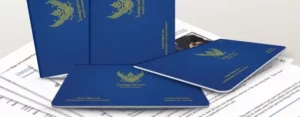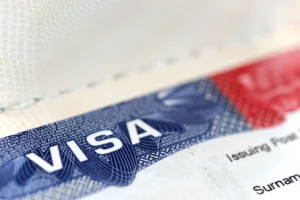Condominium Laws in Thailand. Thailand’s vibrant real estate market, known for its picturesque locales and diverse investment opportunities, has long been a magnet for property investors from around the world. For those considering purchasing a condominium in the Land of Smiles, it is crucial to have a solid grasp of the condominium laws that govern property ownership in the country. This guide aims to provide a comprehensive overview of condominium laws in Thailand, ensuring that potential buyers are well-informed and can navigate the process with confidence.
I. The Condominium Act of 1979
The cornerstone of condominium ownership in Thailand is the Condominium Act of 1979. This legislation outlines the legal framework for foreign ownership of condominiums and sets forth the rights and obligations of both developers and individual unit owners. Under this act, foreign individuals are allowed to own up to 49% of the total sellable area of a condominium project, providing a clear avenue for international investors to enter the market.
II. Foreign Ownership Restrictions
While the Condominium Act grants certain privileges to foreign buyers, it is essential to understand the limitations imposed by Thai law. Foreigners are restricted from owning land in Thailand, but they can own the freehold of a condominium unit within the specified foreign ownership quota of a condominium project. This limitation is in place to safeguard Thai land ownership.
III. Common Areas and Facilities
Condominium laws in Thailand define two main categories of property: individual units and common areas. Individual units are privately owned, while common areas and facilities, such as lobbies, swimming pools, and gyms, are collectively shared by all unit owners. These areas are typically managed by a juristic person, a legal entity representing the condominium’s collective interests.
IV. Strata Title Ownership
In Thailand, individual ownership of a condominium unit is granted through a strata title deed. This document certifies the owner’s rights to the specific unit and a share of the common areas. It is crucial for buyers to ensure that all necessary paperwork is in order before completing a transaction to avoid any future complications.
V. Developer Obligations and Guarantees
Developers in Thailand are bound by strict regulations to protect the interests of buyers. They are required to provide clear and accurate information about the project, including details on unit sizes, specifications, and estimated completion dates. Additionally, developers are obligated to establish a sinking fund to cover future maintenance and repairs.
VI. Due Diligence for Buyers
Before finalizing a purchase, it is imperative for buyers to conduct thorough due diligence. This includes verifying the developer’s track record, examining the project’s financial health, and ensuring that all legal requirements are met. Engaging the services of a reputable lawyer with expertise in Thai property law can greatly assist in this process.
Conclusion
Navigating the intricacies of condominium laws in Thailand is essential for any prospective property buyer. By understanding the Condominium Act of 1979, foreign ownership restrictions, and the rights and responsibilities of both developers and individual unit owners, investors can make informed decisions and protect their interests. With the right knowledge and guidance, owning a condominium in Thailand can be a rewarding and secure investment opportunity.




